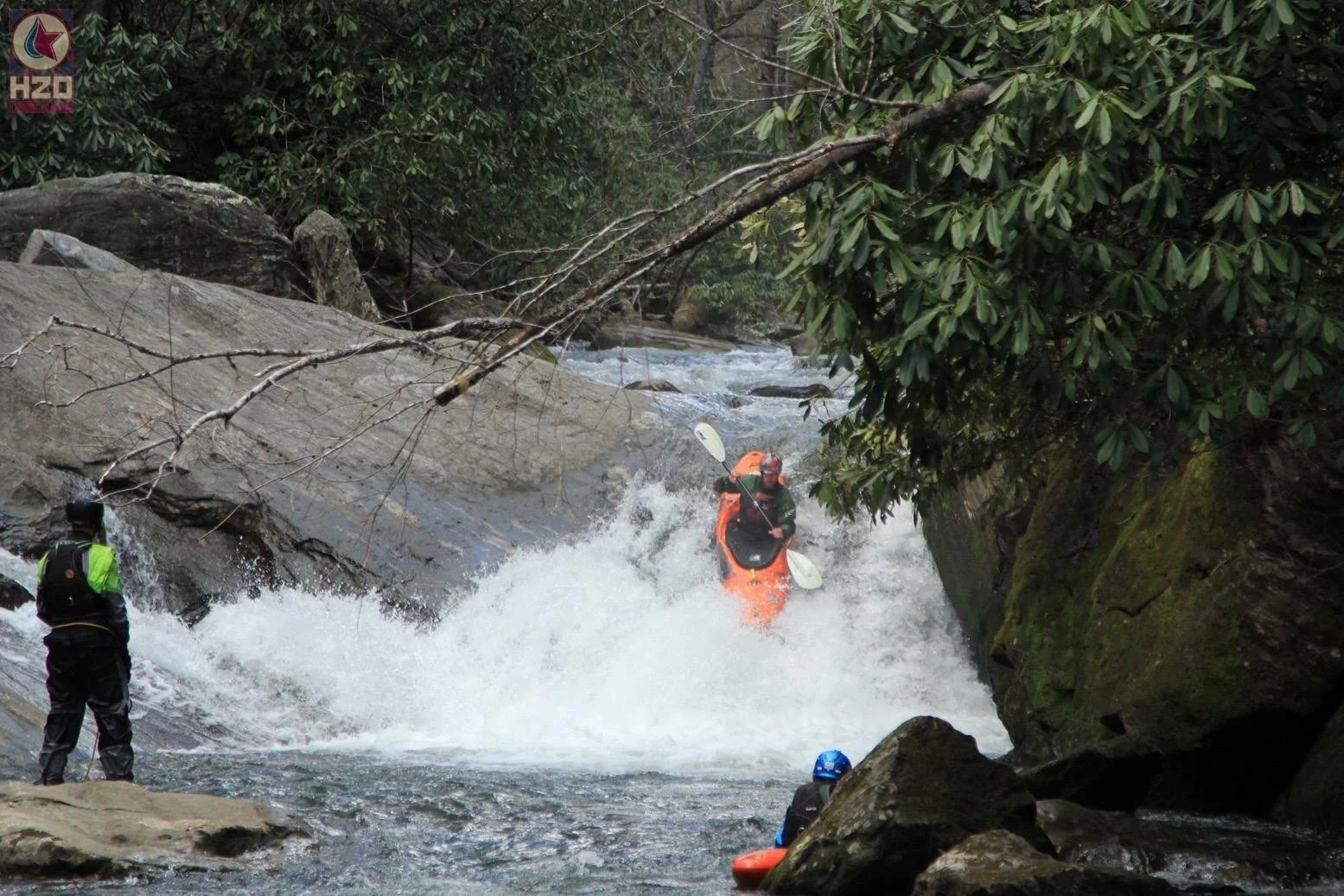Breaking Down Risk
Breaking down risk and its application to whitewater kayaking helps determine success or failure while on the river. Whether you are new to whitewater or a seasoned veteran, we all deal with fear and anxiety while on the water. When we look at most new kayakers they tend to lack self-confidence, as our skill level increases our self-confidence increases. Until “it” happens, that swim in a hole or long set of rapids; or taking a hard hit under water.
What is the difference between those kayakers who have taken big hits and moved on or the kayaker who takes the bit hit and suddenly their forward progress stalls? A large step in transcending the steps of greenhorn kayaker to an experienced intermediate or advanced kayaker is choosing how to look at the problems or challenges on the river while running the rapids. When you kayak through a rapid do you only see the holes and rocks, or do you only see the smooth lines as they flow through and around the obstacles?
Often times, people don’t readily evaluate their skills or their assets before tackling new water. Lots of folks often rely on their friends to help them along, show the lines, and do the scouting.
To begin breaking down the risk on the water, you need only to ask yourself 5 questions.
1. Do I have the right EQUIPMENT.
2. Am I PHYSICALLY PREPARED.
3. Am I in the right LOCATION.
4. Do I have the SKILLS.
5. Do I have the EXPERIENCE.
As you answer these questions, you will find that your skills will increase and so will your self-confidence.
Do I have the right equipment? Are you in a fully outfitted creek boat, with all of the proper safety gear, or do you have a recreational kayak from the local sporting goods store?
Am I physically prepared? Do I regularly exercise, so that I can feel confident with the demands of my sport?
Am I in the right location? Does this river match my Skills and Experience?
Do I have the skills? Do you play boat, can you execute a combat roll, can you surf holes and waves?
Do I have the experience? Have I boated similar rivers with similar conditions, is this the first river of the season?
Chances are while you were reading the above examples your mind began to wander to your most recent paddling trip, and you hashed out your perceived success or failure. These five steps do not work until we evaluate and mitigate the risk. This happens when we break the perceived risk down from a large and daunting thing into many smaller actions or tasks.
A strong team can help mitigate the risk while tackling a new run, whether it’s scouting from shore or offering safety mid-river. Photo of Corey by Chris Wing/H20 Dreams
Think of this as a bottom to top approach in scouting a new rapid. Once we pull off the water to boat scout, we look at the bottom of the rapid and identify any hazards. Then we look at the middle of the rapid and identify any hazards. Lastly we look at the entrance to the rapid and identify any hazards. This idea is called a horizontal approach.
Once we have a clear mental picture of the rapids broken down with each sections hazards identified, we have to ask ourselves; what is the line through each section we scouted and piece each section together? If during the course of this process we find that the probable line takes us into a deadly or dangerous feature, we scratch the rapid. If the probable line does not take us near the deadly or dangerous features, we can forget about them forever and run the rapid. By going through this exercise we have cut each rapid down into bite sized pieces, and have mitigated the risk to an acceptable level by pointing positive. This idea is called a vertical approach.
Pointing Positive eliminates the, what if part of the question and adds the how to, while running a new rapids on new rivers. By using the horizontal and vertical approach while scouting we eliminate some of the anxiety and fear that leads to poor boat control. So the next time you and your friends are out running a new river, give this a shot.

